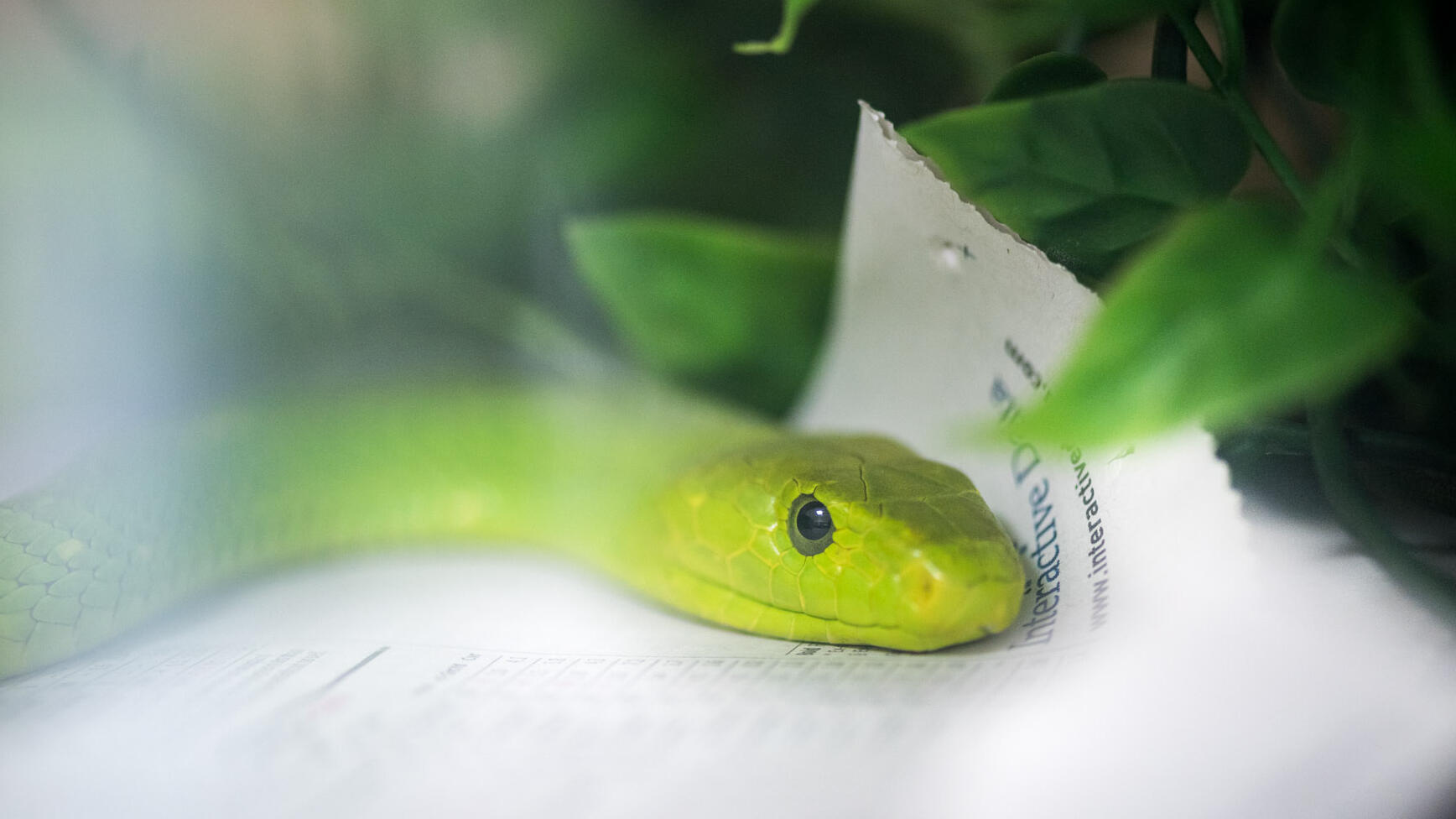
LSTM’s Centre for Snakebite Research & Interventions (CSRI) views the announcement of a new £80 million programme of Wellcome Trust funding to support research innovation in snakebite treatment as a profound watershed moment in the history of this greatly neglected tropical disease.
The new programme was launched at Wellcome by their scientific lead and a panel of experts, including LSTM’s Director Professor David Lalloo. He was able to discuss the current state of research and what might be achieved with this dedicated funding.
Professor Lalloo said: “For many years, the challenges of obtaining research funding have severely limited advances in snakebite. This exciting initiative, coming ahead of the WHO’s first snakebite strategy, will enable the research on venoms and snakebite that is critical to help us to reduce deaths and suffering from snakebite – a major problem for the rural poor in many resource poor settings.”
Snakebite is one of the world’s biggest hidden health problems with between 83,000-138,000 victims dying every year and approximately 400,000 surviving victims left with permanent physical disabilities or disfigurements. Those most affected live in some of the world’s poorest communities in sub-Saharan Africa, Asia and Latin America.
Snakebite has been included on the World Health Organization’s (WHO) list of Neglected Tropical Diseases (NTD) since 2017 but has, until this point, remained greatly underfunded as a global health issue. This announcement from Wellcome comes ahead of the publication of the WHO’s first snakebite strategy later this month. LSTM’s Professor Robert Harrison, Head of the CSRI, has been a member of the core working group responsible for writing the strategy, which aims to halve the global snakebite mortality and morbidity rates by 2030.
Professor Harrison said: “LSTM has been working to reverse the plight of tropical snakebite victims for over three decades now, by advocating for the scale of the problem to be recognised by national and international health policy decision makers and by researching novel treatments to improve the effectiveness, safety and affordability of treatment. Wellcome’s funding programme, with the publication of WHO’s Snakebite Strategy on the 23rd of this month, reflects that the prior neglect of tropical snakebite victims is finally being addressed. This funding announcement aligns very closely with key WHO strategic objectives and will recruit urgently needed new research expertise and technical platforms to address the many therapeutic, clinical and public health barriers to improve the healthcare of tropical snakebite victims.”
LSTM’s CSRI houses the largest and most diverse collection of venomous snakes in the UK and is a centre for world-leading multidisciplinary research on tropical snakebite. Its experts are involved in numerous initiatives with international collaborators and partners including the £2 million National Institute for Health Research (NIHR) funded African Snakebite Research Group, led by Professor Robert Harrison, working with hubs in Nigeria and Kenya. This includes research assessing the socioeconomic impact of snakebite upon communities and their health infrastructures, defining the pathology of envenoming by Africa’s most medically-important snakes and determining the medical and cost effectiveness of a new motorcycle ambulance-based Snake Bite Emergency Response System.
You can learn more about these and other research and initiatives carried out by the CSRI here.